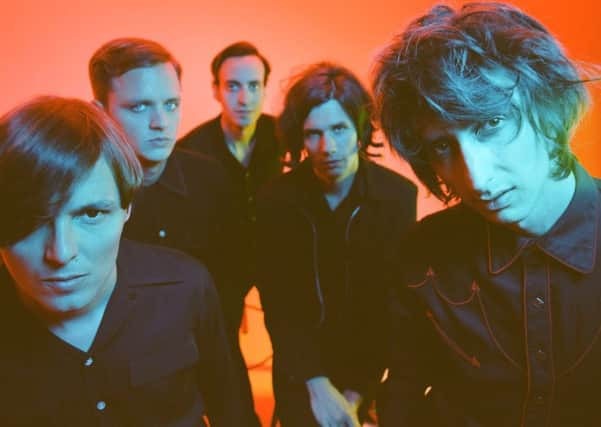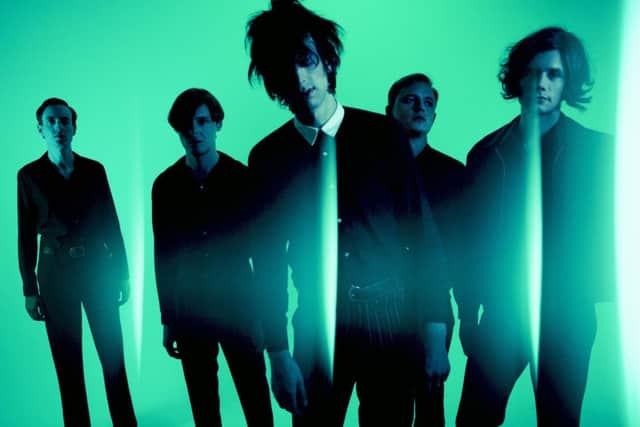Music interview '“ The Horrors: '˜With this record I think it was recognising what was good about the band'


The Horrors’ much vaunted fifth album, V, arrives later this month accompanied by talk of the band in an ‘experimental’ mood.
Singer Faris Badwan, however, shrugs off the idea that the five-piece from Southend felt they might have earned some latitude with four albums already under their belt.
Advertisement
Hide AdAdvertisement
Hide Ad“We’ve spent most of our career having freedom,” says the 30-year-old. “With this record I think it was recognising what was good about the band, recognising our strengths more than anything.


“I think when the band is most successful, when the songs are most successful, is when you hear the spontaneous moments and the little accidents. It’s so important for what makes The Horrors still work.”
Its predecessor, Luminous, might have been their second top ten hit in a row in the UK but Badwan feels the band “lost” some of their creative spark during its recording. “I think it was important that we got it back,” he says.
The Horrors’ decade-long history has been characterised by changes of musical direction, from garage and goth rock to psychedelia and shoegazing; even dance influences have reared their head. Badwan says he and his bandmates “just don’t find it that exciting” to stay in one place for too long.
Advertisement
Hide AdAdvertisement
Hide Ad“Naturally the stuff that appeals to us tends to be the unfamilar and the slightly uncertain,” he says. “It just ends up the stuff we go with, that we believe to be the right direction, tends to be the things that are a little different.”


Having produced Luminous and their highly regarded 2011 album Skying themselves, this time the band opted to work with Paul Epworth, the multiple Grammy Award winner famed for helming records by Adele, Florence and the Machine, Bloc Party, Maximo Park and The Stone Roses’ final two singles.
“With Paul, people know him more recently from his pop stuff but he’s been making great records for a long time,” says Badwan. “I’ve owned several of the records that he’s worked on and he’s into lots of music.
“He has a great ear for melody and for pop hits. I think that at the centre of our experimentation and some of the noisier stuff that we’ve done what’s always appealed to us has been strong melodies, regardless of how experimental the song is. We’ve always wanted songs to havea kind of pop element even if it’s a slightly subversive one.”
Advertisement
Hide Ad